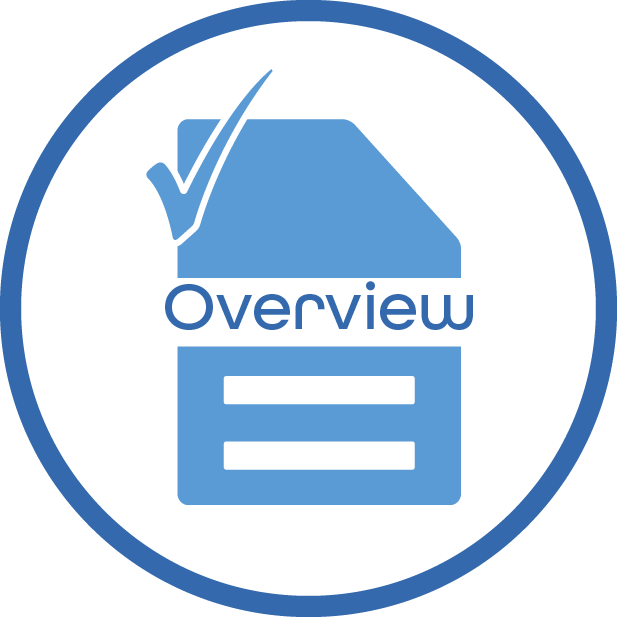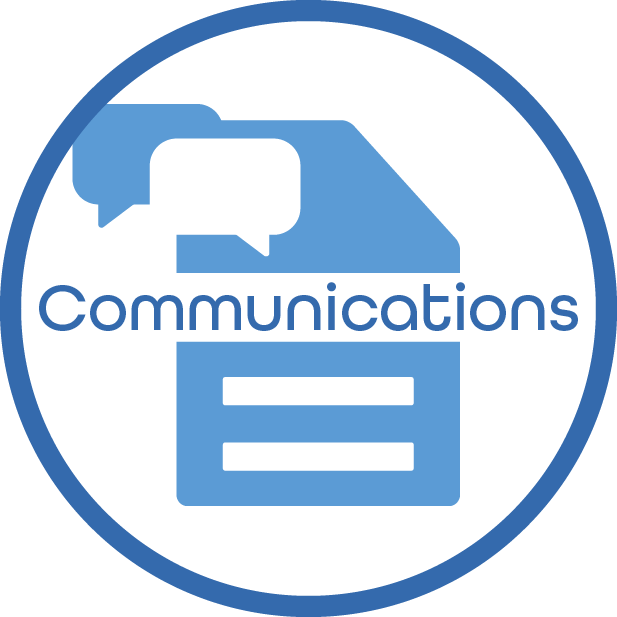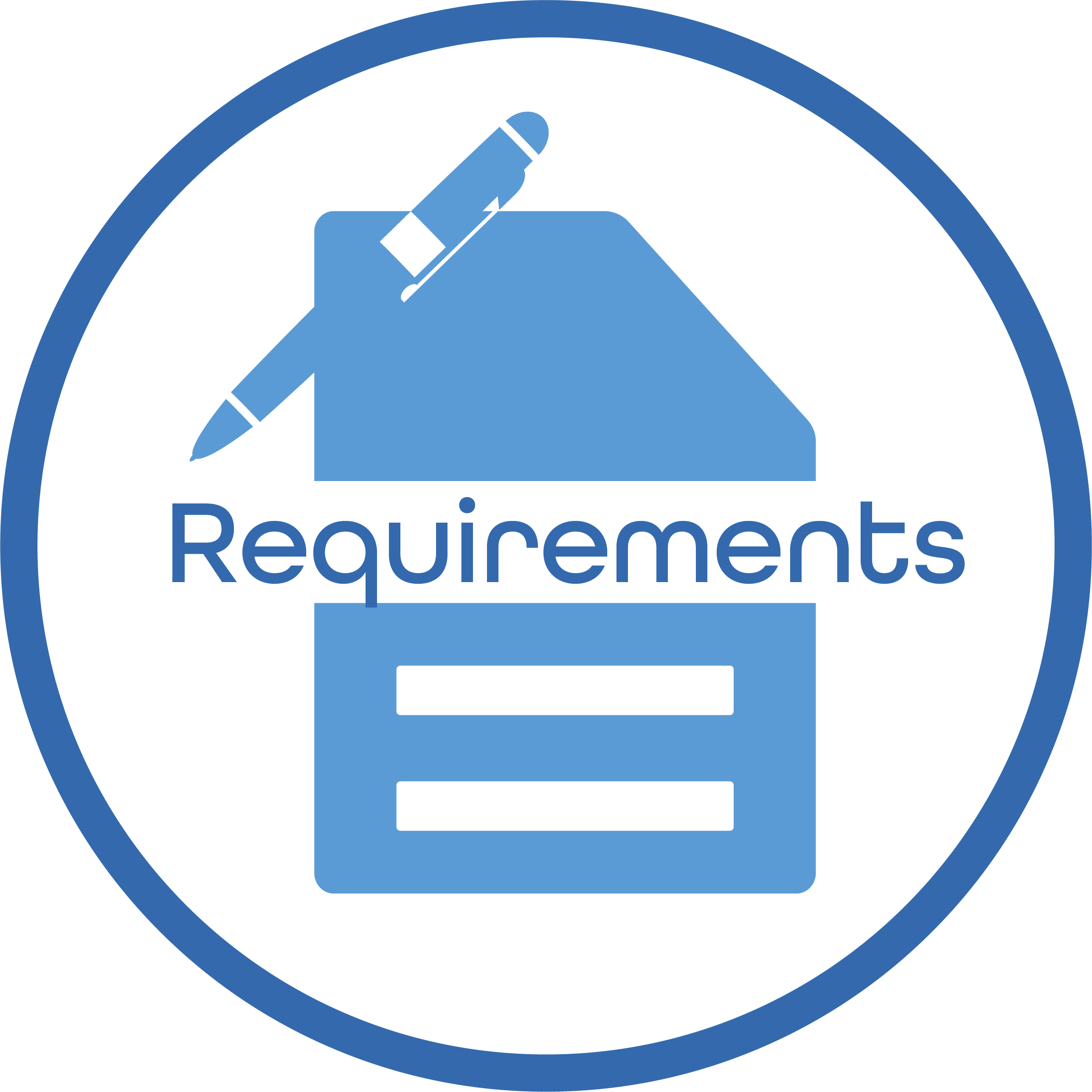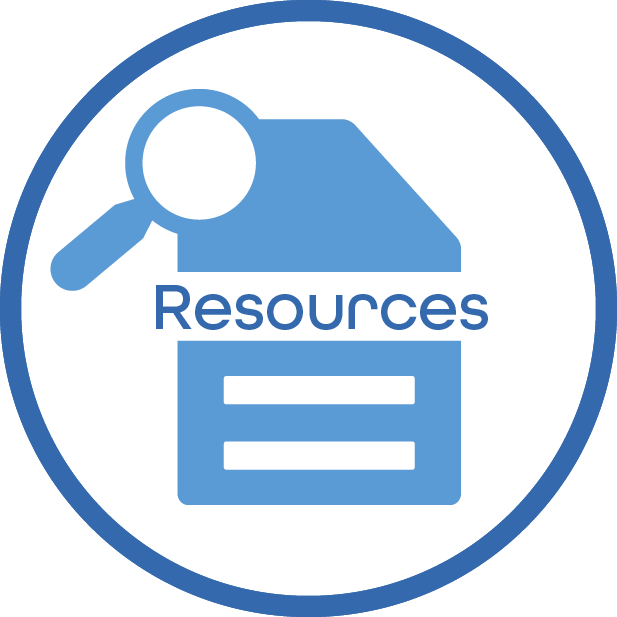



Training Requirements in the 6100 Regulations
The Office of Developmental Programs (ODP) provides trainings that meet the requirements of Regulations governing Home and Community Based Services (HCBS). Specifically, the 6100 Regulatory Package calls for requirements for both orientation and annual training. This page gathers those trainings together, so that users of MyODP may more readily access them.
Trainings listed with this icon ![]() meet the requirements of §6100.142, pertaining to Orientation Training. These trainings may be found in the Orientation Training category on MyODP.
meet the requirements of §6100.142, pertaining to Orientation Training. These trainings may be found in the Orientation Training category on MyODP.
Trainings listed with this icon ![]() meet the requirements of §6100.143, pertaining to Annual Training. These trainings may be found in the Annual Training Catalogue on MyODP.
meet the requirements of §6100.143, pertaining to Annual Training. These trainings may be found in the Annual Training Catalogue on MyODP.
Frequently Asked Questions
To Whom Do the Orientation Training Requirements Apply?
Management, program, administrative and fiscal staff persons.
Dietary, housekeeping, maintenance and ancillary staff persons, except for persons who provide dietary, housekeeping, maintenance or ancillary services and who are employed or contracted by the building owner and the licensed facility does not own the building.
Direct service professionals, including full-time and part-time staff persons.
Life sharers.
Volunteers who will work alone with individuals.
Paid and unpaid interns who will work alone with individuals.
Consultants and contractors who are paid or contracted by the provider and who will work alone with individuals, except for consultants and contractors who provide an HCBS or a base funding service for fewer than 30 days within a 12-month period and who are licensed, certified or registered by the Department of State in a health care or social service field.
When Must Orientation Training be Completed?
Prior to working alone with individuals, and within 30 days after hire or starting to provide a service to an individual.
What Five (5) Topical Areas Must the Orientation Training Encompass?
There are five (5) topical areas that Orientation Training must encompass:
1. The application of person-centered practices, community integration, individual choice and assisting individuals to develop and maintain relationships.
2. The prevention, detection and reporting of abuse, suspected abuse and alleged abuse in accordance with the Older Adults Protective Services Act, the Child Protective Services Law, the Adult Protective Services Act and applicable protective services regulations.
3. Individual rights.
4. Recognizing and reporting incidents.
5. Job-related knowledge and skills.
ODP has developed this symbol ![]() to help identify trainings which may be used to meet the Orientation Training requirements.
to help identify trainings which may be used to meet the Orientation Training requirements.
To Whom Do 12 Hours Annual Training Requirements Apply?
Management, program, administrative, fiscal, dietary, housekeeping, maintenance and ancillary staff persons, except for persons who provide dietary, housekeeping, maintenance or ancillary services and who are employed or contracted by the building owner and the licensed facility does not own the building.
Consultants and contractors who are paid or contracted by the provider and who work alone with individuals, except for consultants and contractors who provide an HCBS or base-funding service for fewer than 30 days within a 12-month period and who are licensed, certified or registered by the Department of State in a health care or social service field.
Volunteers who work alone with individuals.
Paid and unpaid interns who work alone with individuals.
To Whom Do 24 Hours Annual Training Related to Job Skills and Knowledge Apply?
Direct service professionals and life sharers who provide an HCBS or base-funding service to the individual.
Direct supervisors of direct service professionals.
What Six (6) Topical Areas Must the Annual Training Encompass?
There are six (6) topical areas that Annual Training must encompass:
1. The application of person-centered practices, community integration, individual choice and assisting individuals to develop and maintain relationships.
2. Individual rights.
3. The prevention, detection and reporting of abuse, suspected abuse and alleged abuse in accordance with the Older Adults Protective Services Act, the Child Protective Services Law, the Adult Protective Services Act and applicable protective services regulations.
4. Recognizing and reporting incidents.
5. The safe and appropriate use of behavior supports if the person works directly with an individual.
6. Implementation of the individual plan if the person provides an HCBS or base-funding service.
ODP has developed this symbol ![]() to help identify trainings which may be used to meet the Annual Training requirements.
to help identify trainings which may be used to meet the Annual Training requirements.